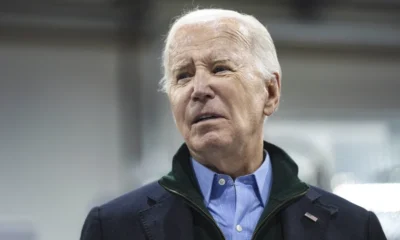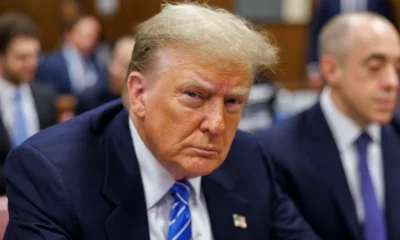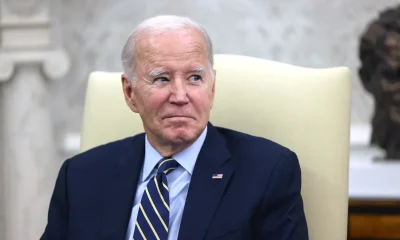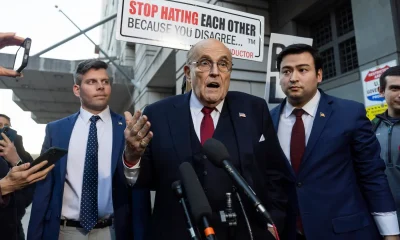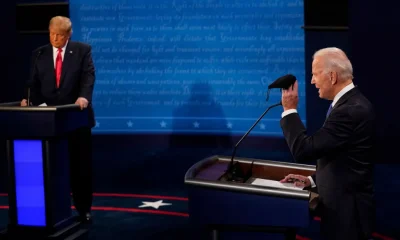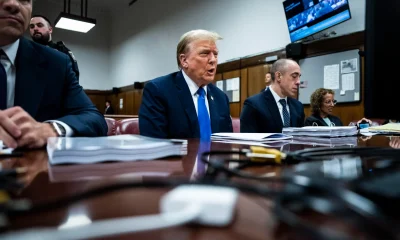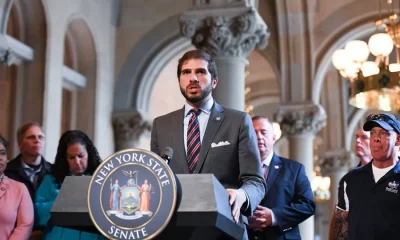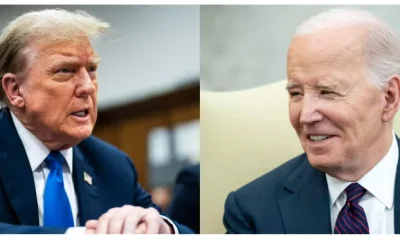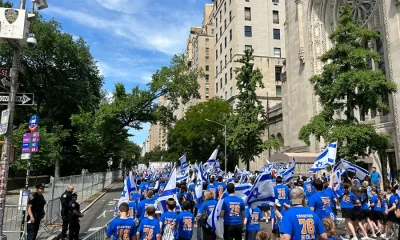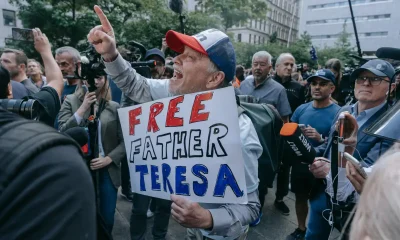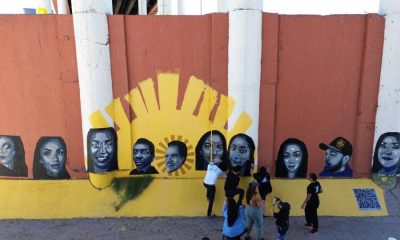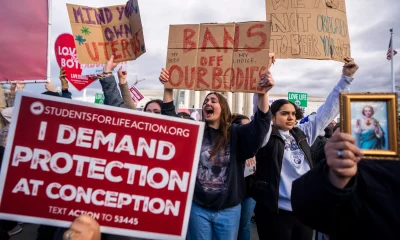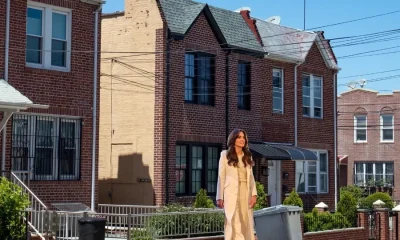International
New York boasts of a migration model but criticizes the lack of federal support
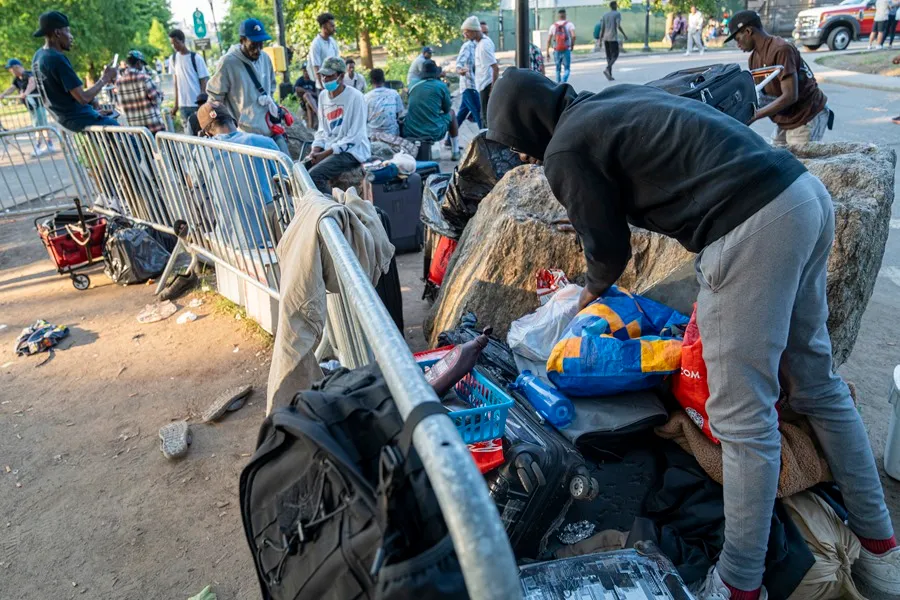
New York City boasts of a migration model having received and integrated more than 200,000 irregular immigrants in the last two years, but complains about the null support received from the federal government of Washington, trapped in an electoral logic where the migration issue has become political dynamite.
“Our support network is better than the one they find in any other city and state, and we are proud to have been able to specifically support all these people, who already total 202,000, but the burden is only ours and we do not see enough support from the federal government,” the city’s Immigration Commissioner, Manuel Castro, says in an interview with EFE.
Castro embodies like few others the famous ‘American dream’: he arrived in New York from Mexico as undocumented at the age of only five, and three decades later, after a youth dedicated to activism in favor of asylum seekers, he became the top immigration leader of New York, the city “raised by immigrants,” as he himself remembers.
Two years ago, the Republican governor of Texas, Greg Abbott, devived the ‘bus strategy’, which consisted of filling these vehicles with newly arrived immigrants from Mexico and sending them to what he called ‘progressive cities’ with the promise that they would receive accommodation and food there. It was not a lie in the case of New York: a rule from 50 years ago forces the city not to leave anyone homeless.
In the following months, New York declared a ‘humanitarian crisis’ but it did not stop providing assistance to the thousands of people who arrived not only from Texas, but from other states attracted by the generosity that the city deployed with immigrants: roof for everyone, school for minors and medical expenses.
The attention to all these people made the city calculate an extra expense of 10 billion dollars between 2022 and 2025, which it faced “without the support of the federal government, even though it should be a responsibility shared with the other cities and states,” Castro recalls.
The city was “obliged” – in the words of the Commissioner – to limit the stay in public shelters to one or two months, depending on the circumstances, through an exceptional judicial remedy, but guaranteed that families with children were not evicted in any case.
However, and as EFE has been able to verify in the giant camp of Randall’s Island, where adults without a family are sent, the law is applied in a very flexible way and there are several tenants who have been looking for more than four months, while looking for a work permit that never arrives.
And it is that another of the problems they face is the enormous slowness of bureaucratic efforts to obtain asylum status and/or a work permit, which usually takes more than 12 months, and that forces many immigrants to fall into the underground economy, usually in street sales or as delivery people of food on a bicycle.
“The emigration system doesn’t work,” Castro reflects. There is a great demand for jobs and it would be logical for us to support them with a work permit. We have been without a solution to these problems for decades, it is an inadequate system and Congress should act,” he insists, although he recognizes that the proximity of the electoral appointment complicates everything.
Castro regrets that all the attention paid to immigrants is now the victim of two opposing narratives: “On the one hand, they tell us that we are not doing enough for immigrants, that we have a moral obligation not to abandon them; on the other, they accuse us of giving them too much, and the more we give them, the more they will come,” he explains.
“It is symbolic of what is happening in the country, there is too much political division,” he believes, recognizing that in the year of elections the issue has become especially thorny, with a Republican candidate like Donald Trump who “with his threats of mass deportations is generating a huge fear and uncertainty,” and makes some immigrants not dare to go to a health center or a police station for fear of expulsion.
International
Trump urges Putin to reach peace deal
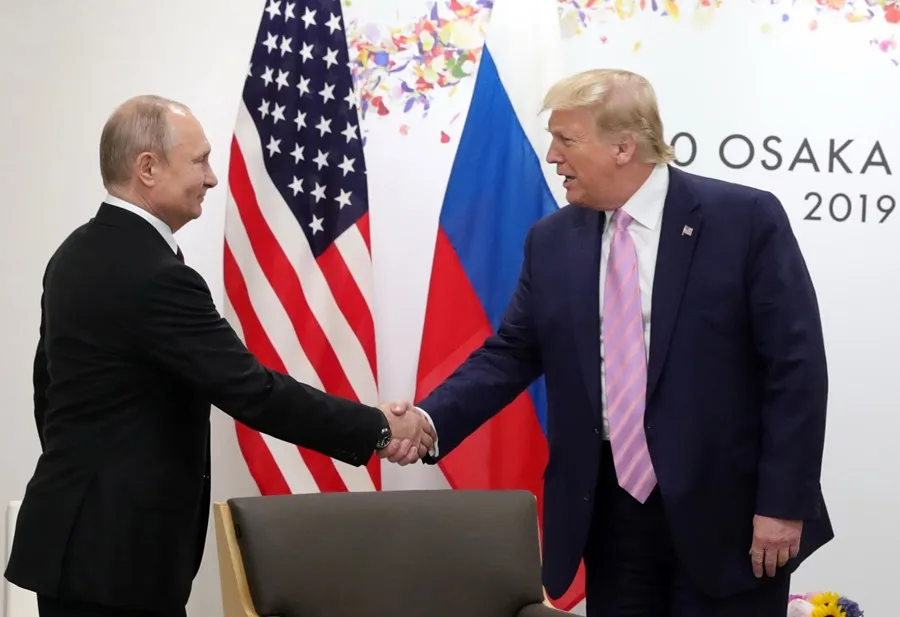
On Monday, U.S. President Donald Trump reiterated his desire for Russian President Vladimir Putin to “reach a deal” to end the war in Ukraine, while also reaffirming his willingness to impose sanctions on Russia.
“I want to see him reach an agreement to prevent Russian, Ukrainian, and other people from dying,” Trump stated during a press conference in the Oval Office at the White House.
“I think he will. I don’t want to have to impose secondary tariffs on Russian oil,” the Republican leader added, recalling that he had already taken similar measures against Venezuela by sanctioning buyers of the South American country’s crude oil.
Trump also reiterated his frustration over Ukraine’s resistance to an agreement that would allow the United States to exploit natural resources in the country—a condition he set in negotiations to end the war.
International
Deportation flight lands in Venezuela; government denies criminal gang links

A flight carrying 175 Venezuelan migrants deported from the United States arrived in Caracas on Sunday. This marks the third group to return since repatriation flights resumed a week ago, and among them is an alleged member of a criminal organization, according to Venezuelan authorities.
Unlike previous flights operated by the Venezuelan state airline Conviasa, this time, an aircraft from the U.S. airline Eastern landed at Maiquetía Airport, on the outskirts of Caracas, shortly after 2:00 p.m. with the deportees.
Interior Minister Diosdado Cabello, who welcomed the returnees at the airport, stated that the 175 repatriated individuals were coming back “after being subjected, like all Venezuelans, to persecution” and dismissed claims that they belonged to the criminal organization El Tren de Aragua.
However, Cabello confirmed that “for the first time in these flights we have been carrying out, someone of significance wanted by Venezuelan justice has arrived, and he is not from El Tren de Aragua.” Instead, he belongs to a gang operating in the state of Trujillo. The minister did not disclose the individual’s identity or provide details on where he would be taken.
International
Son of journalist José Rubén Zamora condemns father’s return to prison as “illegal”
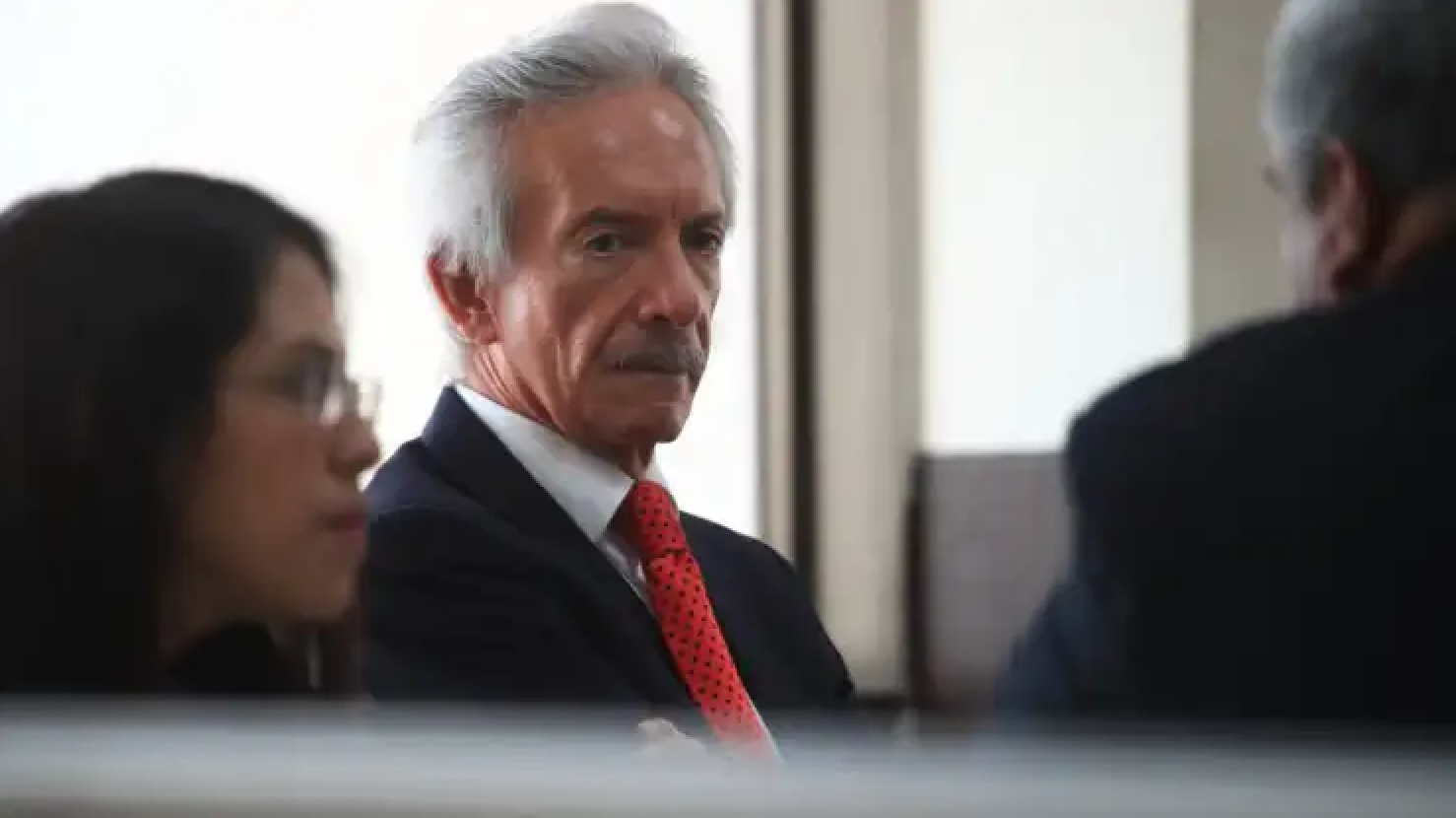
The son of renowned journalist José Rubén Zamora Marroquín, José Carlos Zamora, has denounced as “illegal” the court order that sent his father back to a Guatemalan prison on March 3, after already spending 819 days behind barsover a highly irregular money laundering case.
“My father’s return to prison was based on an arbitrary and illegal ruling. It is also alarming that the judge who had granted him house arrest received threats,” José Carlos Zamora told EFE in an interview on Saturday.
The 67-year-old journalist was sent back to prison inside the Mariscal Zavala military barracks on March 3, when Judge Erick García upheld a Court of Appeals ruling that overturned the house arrest granted to him in October. Zamora had already spent 819 days in prison over an alleged money laundering case.
His son condemned the situation as “unacceptable”, stating that the judge handling the case “cannot do his job in accordance with the law due to threats against his life.”
-

 Central America5 days ago
Central America5 days agoNicaragua denounces Costa Rica’s position in SICA as aligned with foreign interests
-

 Central America5 days ago
Central America5 days agoNicaragua’s new judicial law consolidates power in Ortega and Murillo’s hands
-
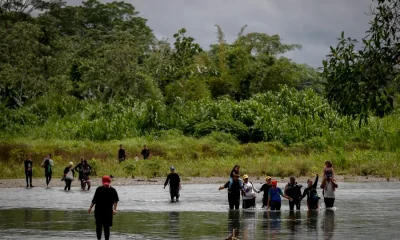
 Central America5 days ago
Central America5 days agoPanama’s president declares Darién gap ‘closed’ amid sharp drop in migrant flow
-

 International3 days ago
International3 days agoSon of journalist José Rubén Zamora condemns father’s return to prison as “illegal”
-

 International5 days ago
International5 days agoMarco Rubio warns Venezuela against military action against Guyana
-

 International3 days ago
International3 days agoMiyazaki’s style goes viral with AI but at what cost?
-

 Central America2 days ago
Central America2 days agoPanama police clarifies that Interpol alert for Martinelli is still pending
-

 International2 days ago
International2 days agoDeportation flight lands in Venezuela; government denies criminal gang links
-

 Central America16 hours ago
Central America16 hours agoU.S. Homeland Security Secretary urges Mexico to strengthen Guatemala border
-

 International16 hours ago
International16 hours agoTrump urges Putin to reach peace deal
-

 Central America16 hours ago
Central America16 hours agoPanama grants Martinelli 72-hour extension to travel to Nicaragua
-
Central America4 days ago
Nicaragua revokes legal status of 10 more NGOs, bringing total to over 5,600
















